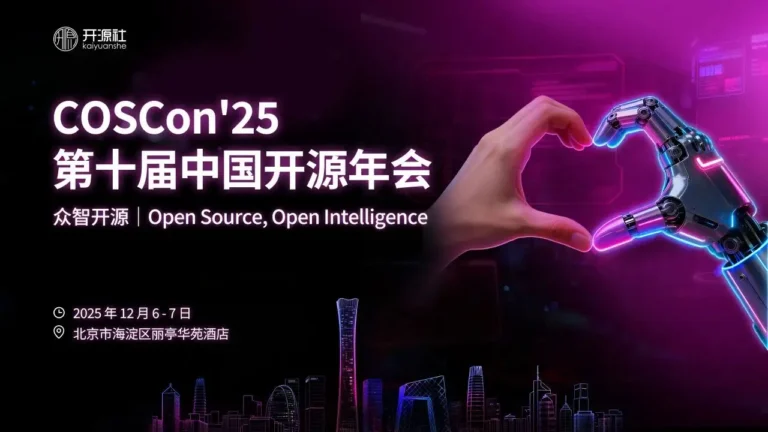Command Palette
Search for a command to run...
Three Battles Behind Double 11: High Concurrency, Illegal Production, and Logistics

The crazy social phenomenon of Double Eleven has come to its eleventh year. While countless consumers are busy shopping, in the eyes of merchants, in addition to ensuring that everyone can enjoy the benefits of Double Eleven, there are three other battles without gunpowder smoke waiting for them.
It’s Double Eleven again this year.
Countless social issues were discussed, including consumption upgrade, refined poverty, the "moonlight clan" who live paycheck to paycheck with consumer loans, live streaming influencers, sales experts, the revival of domestic products, etc. The entire Double Eleven has become a major event with active participation from all walks of life in the whole society.
After ten years, this consumer carnival, in which all people participate, has become a special social phenomenon. However, behind the huge consumer carnival, there are still many silent competitions going on.
Transaction data may be inflated, but high concurrency is not inflated
According to Tmall's report, this year's consumption level and the speed of buying goods broke new records. But soon, some netizens on Weibo said that the final sales of 268.4 billion yuan for the entire site were obviously inflated.
The netizen fitted the Double Eleven sales data for ten consecutive years from 2009 to 2019, and concluded that the actual production data was almost perfectly distributed on the cubic regression curve, with a fitting degree of more than 99.94 %, almost 1.
The data was too perfect, so he asserted that Alibaba artificially modified the sales data in order to attract the shopping enthusiasm of Double Eleven, and there was a fact of fraud.
Tmall also quickly made an official explanation and condemned the netizen for being too arbitrary.
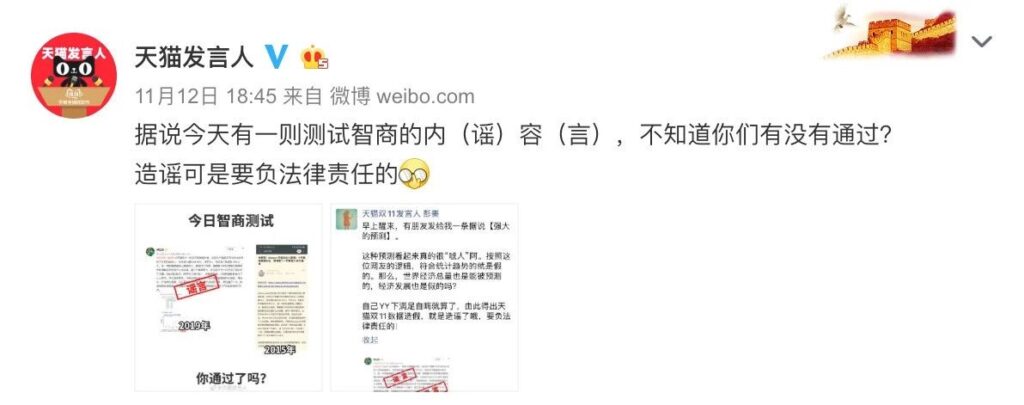
Other netizens stopped investigating the incident, after all, these figures are not important to ordinary people. The same is true for the Internet circle. The business model created by e-commerce platforms and the technology behind it are more worthy of careful exploration.
At this year's VLDB 2019 conference, Fei-Fei Li shared "Cloud-Native Database Systems at Alibaba: Opportunities and Challenges"It is mentioned that Alibaba announced that at midnight on November 11, 2018, the instantaneous traffic of Alibaba's database backend reached a historical high.
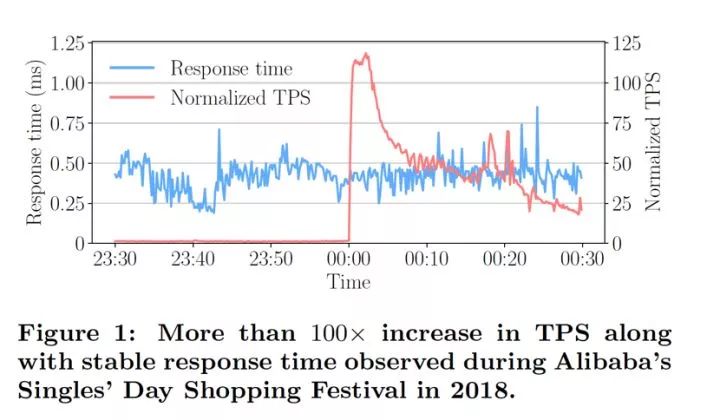
"At midnight on Double Eleven, Taobao's transaction volume jumped from a few thousand transactions per second to 490,000 transactions per second, a 122-fold increase, and the backend database had to handle 70 million visits per second."
This year's peak order creation rate set a new world record, reaching 544,000 orders per second.
In order to cope with this level of concurrency and successfully complete the payment process, whether it is Alibaba, JD.com, NetEase or other e-commerce platforms, they have to develop their own databases, conduct full-link stress testing in advance, and have all employees work overtime as if they were facing a major enemy.
The servers of e-commerce platforms have to bear the pressure from the instantaneous eruption of data.
So in the eyes of engineers, from the very first second of Double Eleven, it directly evolved into a war between the limits of consumption and technology.
Double 11: A carnival for illegal activities
Every time consumers are on a shopping spree, online shopping platforms are also most vulnerable to the impact of the black industry. Common profit-making methods include: implanting software to secretly deduct phone bills, maliciously stealing money from the wool party, maliciously pushing advertisements to monetize traffic, distributing malware through mobile apps, using mobile Trojans to increase traffic, carrying out ransomware attacks, and using DDoS attacks.
For example, during Tmall’s 618 shopping event not long ago, a similar system successfully blocked 50.2 billion malicious attacks in just 18 days.
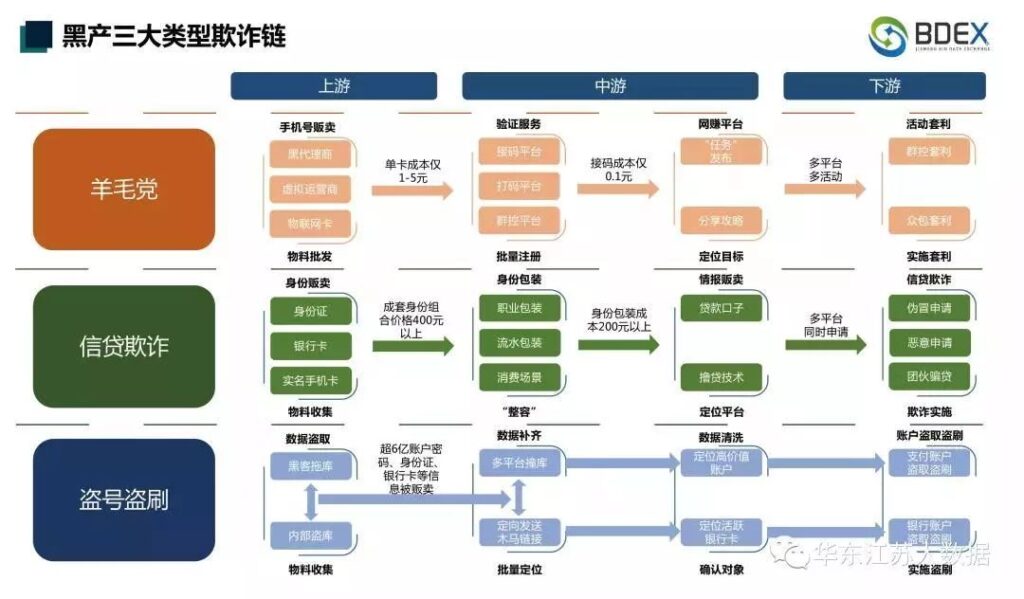
Industry experts estimate that in mainland China alone, there are already 2 million people working in the cybercrime industry, most of whom are young people aged 16 to 28 who lack legal knowledge. Every year, at least 200 billion yuan in assets are stolen by the cybercrime industry across the country.
Currently, e-commerce platforms can ensure that within 0.01 seconds of consumers placing an order, the system has completed hundreds of security checks and technical protections, which can effectively combat the intrusion of black and gray industries.
The system covers hundreds of business scenarios including counterfeit identification and prevention, product compliance review, business environment governance, malicious traffic cleaning, smart logistics, new retail security, etc. It can realize automatic decision-making, intelligent confrontation, real-time processing, and accurately identify black and gray production behaviors.
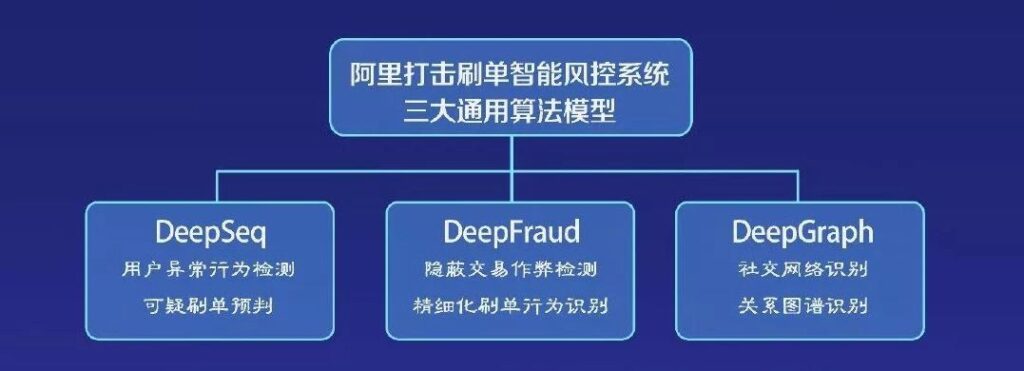
However, the devil is always stronger than the good. Faced with huge profits, some black industries have gradually formed gangs to commit crimes across borders, using new technologies such as artificial intelligence to commit crimes and evade crackdowns.
As for risk control and early warning, in the cyber battlefield of the fight against illegal industries, new technologies are not omnipotent, but without new technologies, nothing is possible.
The race against time between man and machine in express delivery
In addition to ensuring the safety of online shopping and guaranteeing the issuance of preferential subsidies, the large number of logistics orders after the rush to buy has almost become a "nightmare" for the express delivery industry.
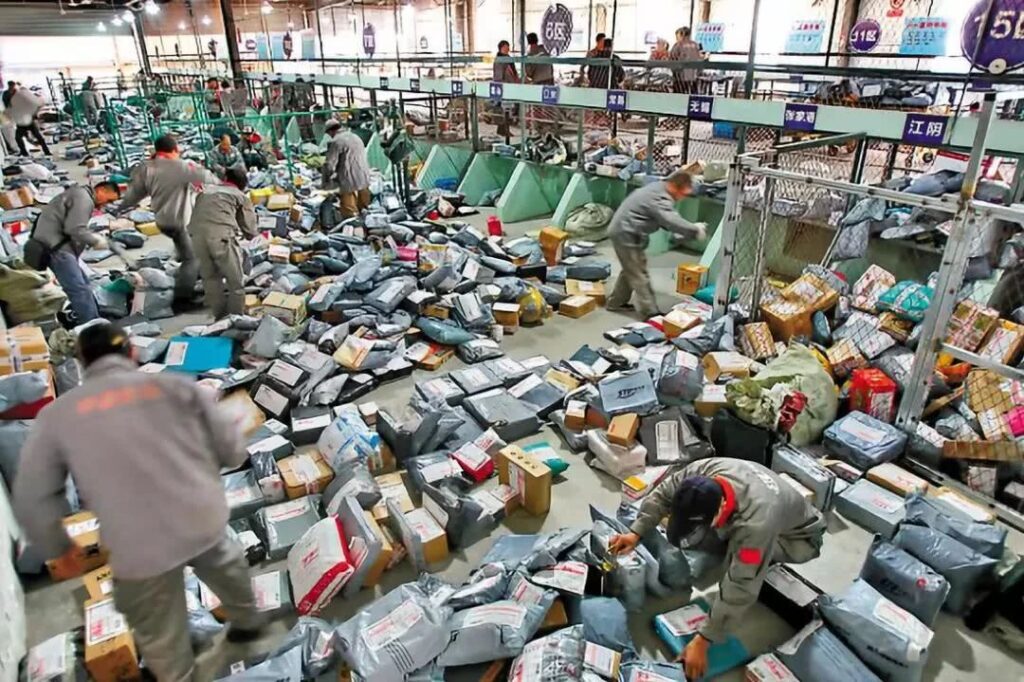
According to industry forecasts, the highest daily logistics processing volume during the Double 11 shopping festival is expected to exceed 500 million pieces, which is a huge challenge for logistics. In reality, fully automatic express sorting robots have gradually become the main force in picking goods on the Double 11 battlefield as early as 2017.
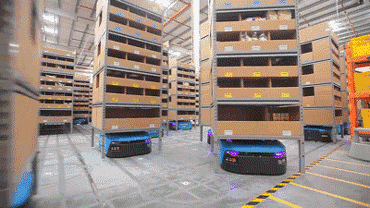
In smart warehouses, fully automatic sorting robots that look like small boxes have built-in AI systems. They can automatically identify packages, then pick up goods or shelves and transport them to designated locations in an orderly manner along automatically planned appropriate routes.
The most important thing is that hundreds of AGV robots can work in a coordinated manner without interfering with each other, and can also automatically find their way and charge.
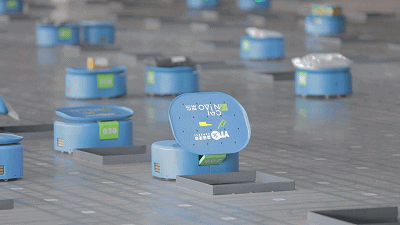
According to the introduction, these smart robots are mainly responsible for sorting, moving and packaging goods. They will take the order boxes to the designated area of the shelf to pick up the goods, move the shelves and find the order boxes to load the goods. Then they will cooperate with the staff to complete the delivery of the package.
Maybe the item you bought for 9.9 yuan with free shipping was delivered by these robots that cost hundreds of millions of yuan.
The use of robots can greatly improve efficiency. Under normal circumstances, a robot can process nearly 20,000 parcels per hour, saving about half of the labor costs for express delivery companies.
Behind consumption: desire as cause, technology as result
No matter whether you are chopping your hands happily and regretfully, or are calm and indifferent, the data shows that the whole society is being driven by Double Eleven.
Throughout the entire Double Eleven period, consumers were hesitant and struggling with their shopping desires as they picked and chose items in their shopping carts; the front-end and back-end engineers of the e-commerce platforms were fighting against the national consumer impulses, and the servers were fighting against millions of mobile phones; the black market elements and e-commerce security teams distributed around the world were engaged in guerrilla warfare.
These unique phenomena are also indirectly or directly promoting the birth and development of more technologies. I wonder what surprises and shocks Double Eleven will bring to the whole society in the future.
But in these big battles, there are no permanent winners or losers.

-- over--





